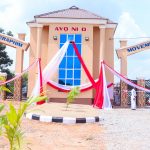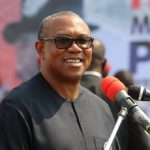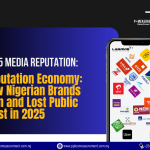General
Abia and the December Local Government Election
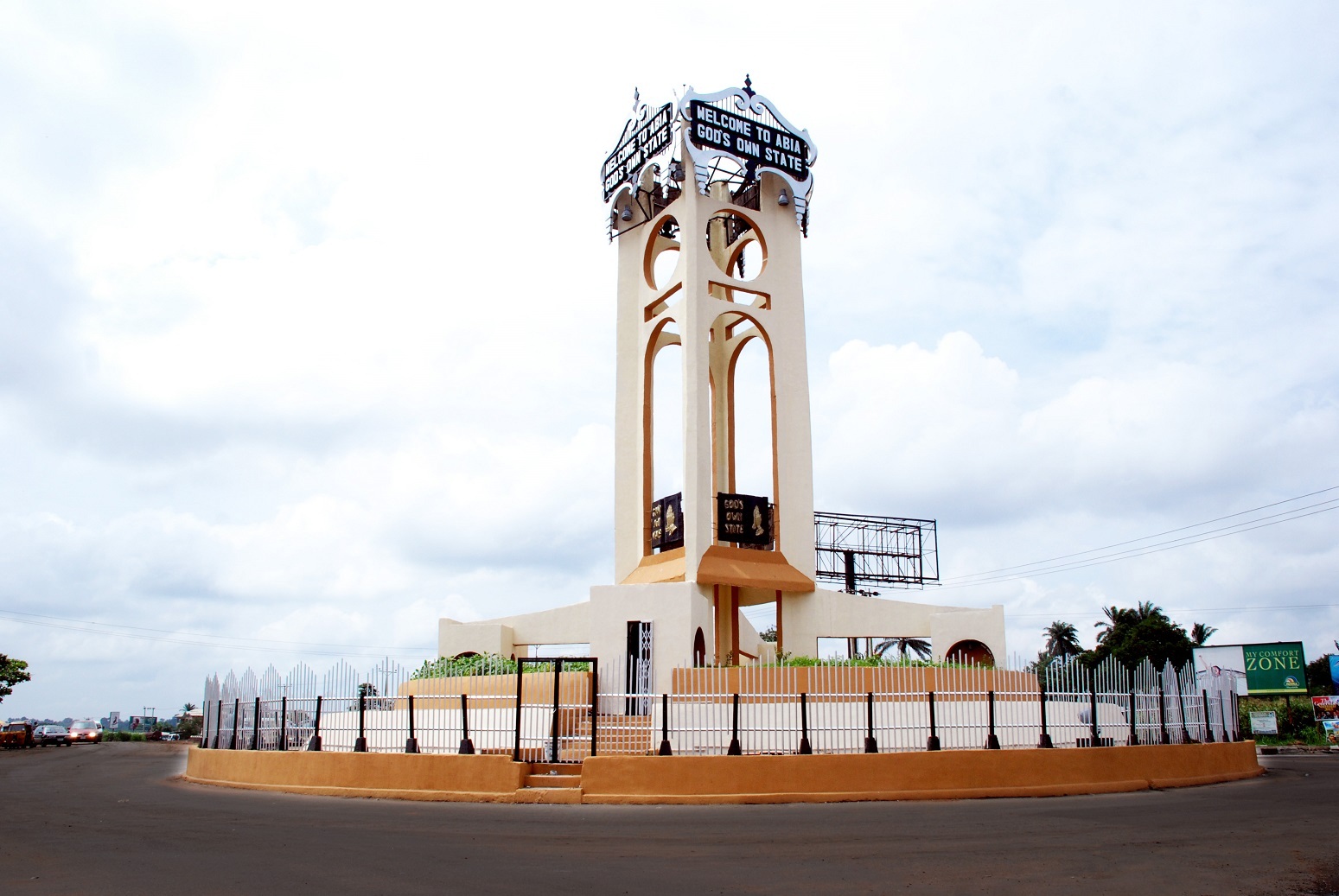
By Okechukwu Keshi Ukegbu
The local government, which is referred to as the third tier of government in Nigeria, may be defined as the lowest level of government in a country established by law to ensure the effective and efficient administration of the localities or rural areas.
The United Nations Department of Public Administration defines the local government as the political sub-division of a country which is designed by law and has substantial control of local affairs including the power to impose levies and exact labour for prescribed purposes.
The local government is an indispensable unit of the federation. It is the tier of government nearest to the people. Part II, section 7 (1) of the 1999 Constitution of the Federal Republic of Nigeria (as amended 2011) guarantees that the government state shall ensure the existence of local government under a law which provides for the establishment, structure, composition, finance and functions of such councils.
The local government is created to bring government nearer to the people; serve as the medium to articulate and promote local interest; act as the instrument for political education; and promotion of rural development. Others are to mobilise and harness local resources, and to serve as a link between the rural dwellers and other tiers of the government.
It will be recalled that there a time for more than half of a decade in Abia State, the local government elections were not been held in Abia State. The local government system was operated under a caretaker arrangement.
While this attracted barrage of criticisms in the past, it seriously hampered the progress and development of the local government areas in the state.
But fortunately, the narrative has changed as Abia is about to conduct the second local government election under Governor Okezie Ikpeazu’s administration.
The Abia State Independent Election Commission (ABSIEC) recently fixed elections for chairmanship and councillorship positions in all the 17 local government councils and 292 ABSIEC wards in the state for December 18, 2020.
This is cheering news for all Abians despite their political divide. The commission has also issued a timetable for the poll.
Abians across the 17 local government areas are viewing the action beyond the exercise of the powers conferred on the commission by Part 11, Third Schedule, Section 4, sub-section (a) and (b) of the 1999 Constitution of the Federal Republic of Nigeria and pursuant to the Fifth Schedule, Section 160 of Abia State Local Government Law No. 9 of 2002.
This singular action portrays Governor Ikpeazu as a man whose words are his bond. It portrays him as a man who has departed from the previous ways of doing things and wants to do things differently.
The important roles the local government plays in a system cannot be overemphasised. They are divided into Mandatory, permissive and concurrent. The obligatory roles of the local government are those roles provided by Schedule IV of t Constitution. They are functions which the local government is bound to render to the people because of its knowledge of the local problems.
The obligatory roles include maintenance of rural roads, streets, and drainages; construction and maintenance of motor parks, public conveniences and cemeteries; provision of health facilities such as clinics, dispensaries and maternities.
Others are the disposal of refuse; the building of primary schools; the collection of rates; radio and television licenses; licensing of bicycles, trucks, wheelbarrows; naming of streets, roads and numbering of houses, registration of births, deaths and marriages; establishment and maintenance of recreational facilities; and regulation of outdoor advertisements, movement of domestic animals, shops and kiosks, restaurants and food and liquor renders.
Indeed, it is not out of place to state here that these functions have suffered for lack of democratically elected executives in the local government areas in the state.
Also, Governor Ikpeazu’s developmental strides in urban centres cannot be complete if there are no complementary efforts in rural centres because this is where the bulk of the residents dwell.
No wonder the Mr Ikpeazu’s administration in its bid to close the gap of infrastructural development between rural areas and the cities, is opening rural roads such as Agalaba Ring Road.
The forthcoming local government elections have provided Abians with another window to contribute meaningfully to the development of the state. There is a passionate appeal to shun our differences and embrace this golden opportunity. “There is no tomorrow better than today”!
General
Church Confirms Release Of 151 Abducted Members in Kaduna
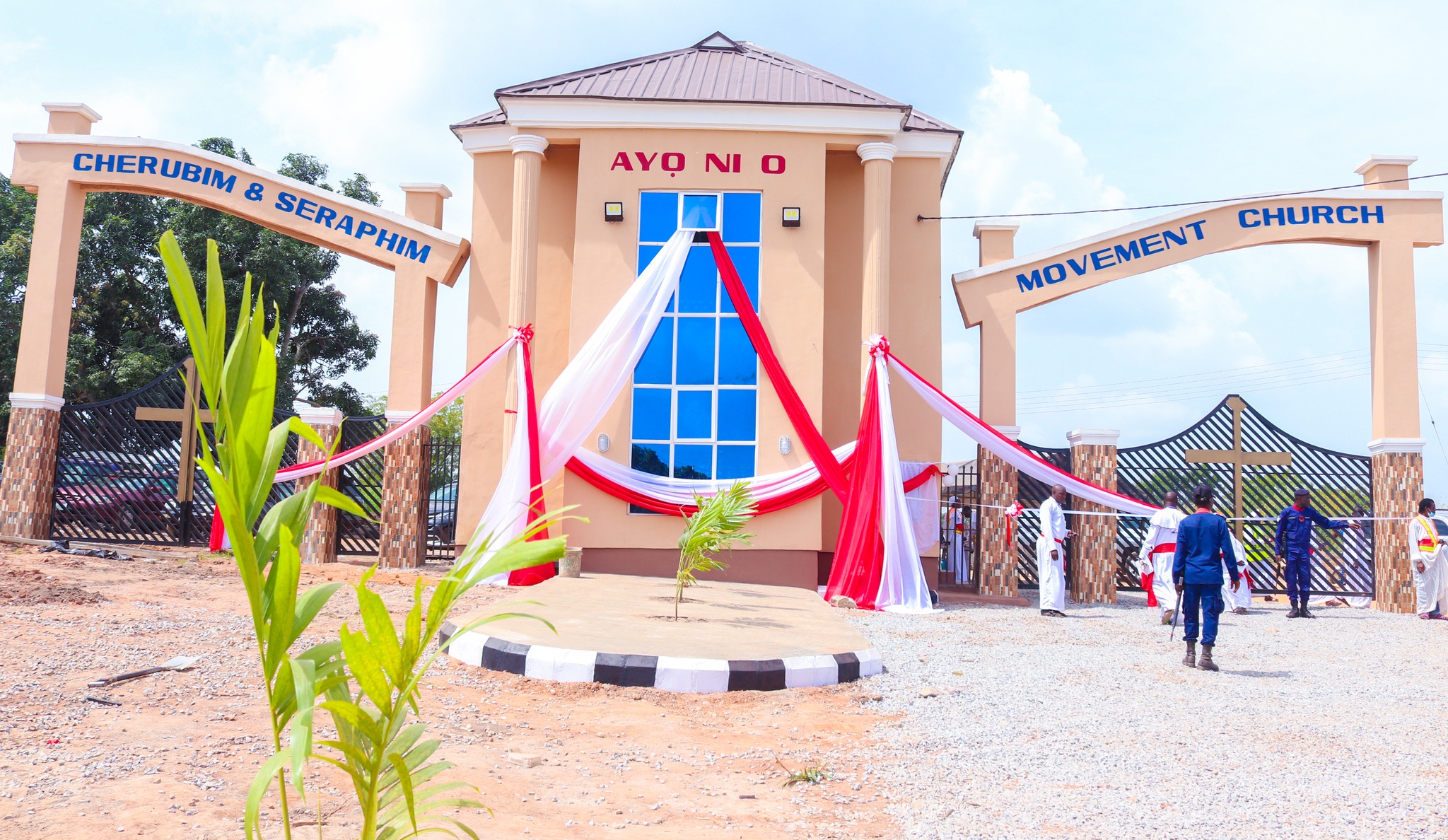
By Adedapo Adesanya
The Cherubim and Seraphim Movement Church Worldwide, Ayo Ni O, has confirmed the release and safe return of 151 of its members abducted from Iburu community in Kajuru Local Government Area of Kaduna State.
The abduction, which affected about 177 people, occurred on January 18, 2026. It was initially denied by the Nigeria Police Force and other government agencies, but was later confirmed.
In a statement issued by the Conference Secretary General of the church, Mr Anthony Olusesan Samaiye, it was disclosed that the release of the abducted persons was confirmed through reports from its liaison officers in Kaduna.
According to the statement, Mr Emmanuel Abiodun Adewale Alogbo (JP), described the release as a victory for faith, prayer and dialogue, noting that the breakthrough followed an emergency visit to Kaduna by its leadership and a series of high-level engagements aimed at securing the freedom of the abducted worshippers.
The Cherubim and Seraphim Church expressed gratitude to the Kaduna State government, particularly Governor Uba Sani, for what it described as his commitment to dialogue and the coordination of state resources that contributed to the successful outcome.
Special appreciation was also extended to the Governor’s Chief of Staff, Mr Sani Liman Kila, and the Senior Special Assistant on Religious Affairs (Christian Matters), Mr Ishaya Jangado, for facilitating engagement between the church and the state government.
The church noted that the incident demonstrated the importance of cooperation between religious leaders and government authorities in addressing security challenges and protecting citizens.
It also acknowledged prayers and support from the Christian Association of Nigeria (CAN), the Organisation of African Instituted Churches (OAIC), the international community and Christians worldwide.
While celebrating the release, the church said it was mindful of the trauma experienced by the victims and disclosed that its welfare and medical teams had been mobilised to provide psychosocial support and care to the affected members and their families.
The church called for sustained peace in Kaduna State and across Nigeria, urging authorities to continue efforts to ensure the safety of all citizens, regardless of religious affiliation.
General
2027 Elections: I Won’t be Vice Presidential Candidate—Peter Obi Insists
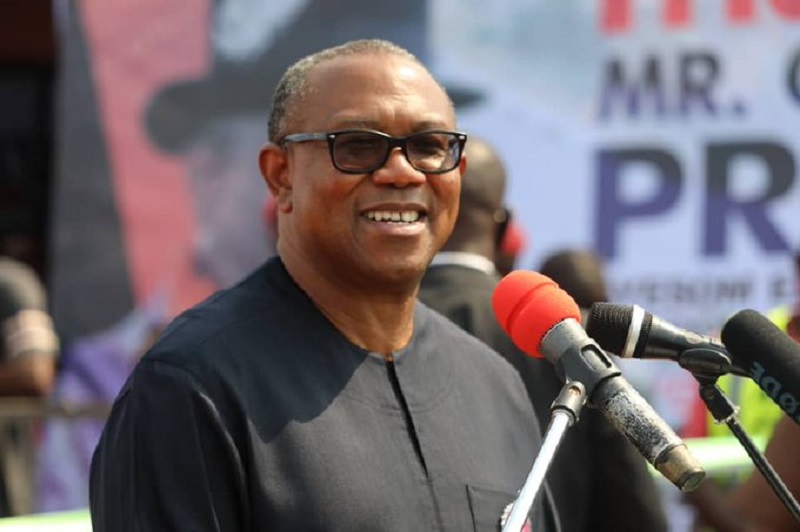
By Adedapo Adesanya
As activities for the 2027 general elections begin to take shape, the former presidential candidate of the Labour Party in the 2023 presidential poll, Mr Peter Obi, has again ruled out the possibility of contesting as a vice presidential candidate next year, saying he is contesting to be on the ballot.
Speaking ahead of the Abuja Municipal Area Council (AMAC) election in the Federal Capital Territory, he said, “You see this coming election, support us in AMAC; it will help me. Your support in AMAC is critical to our journey. I am involved and contesting the coming election as number one. When I come back, you will see. I assure you.”
Mr Obi vied for the 2023 presidency on the LP platform, emerging third overall behind Mr Atiku Abubakar and President Bola Tinubu.
In December 2025, he defected to the African Democratic Congress (ADC), where his teeming supporters popularly known as Obidients have urged him to only pursue the presidential ticket.
Mr Abubakar, who chose Mr Obi as his vice presidential candidate in the 2019 polls, is also a member of the ADC. The men finished in second and third places, respectively in the last presidential election, which President Tinubu won with 37 per cent of the votes.
Speaking at the campaign venue, Mr Obi emphasised to his supporters the importance of backing the ADC candidate in the AMAC election, noting that their support at the grassroots would go a long way in bolstering his national political journey.
The ADC coalition includes many former allies of Mr Tinubu, including Mr Nasir El Rufai, the former governor of Kaduna State; Mr David Mark, a former Senate President who is serving as the National Chairman of the party, and Mr Rauf Aregbesola, a former Osun Governor and currently the National Secretary of ADC.
The party will be hoping to emulate the success of the ruling All Progressives Congress (APC), which was formed by an alliance of opposition politicians (including Mr Abubakar) in 2013 and caused the ouster of former President Goodluck Jonathan, the first-ever defeat of an incumbent Nigerian president in 2015.
General
CPPE Urges FG to Create Farm Price Stabilisation Plan for Food Security
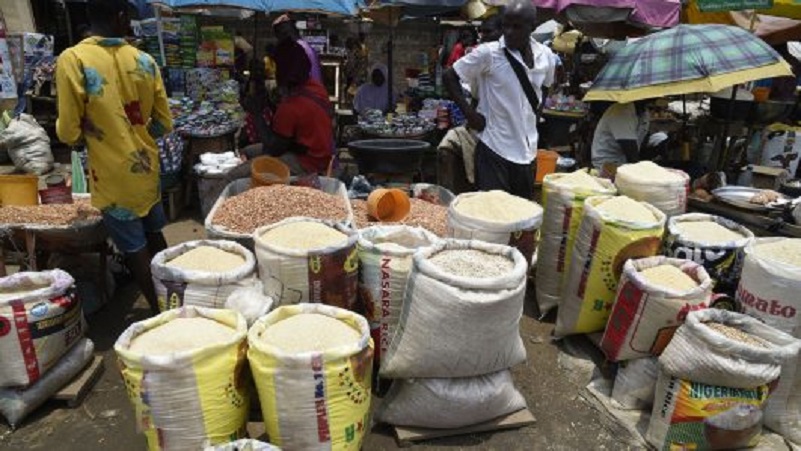
By Adedapo Adesanya
The Centre for the Promotion of Private Enterprise (CPPE) has called on the federal government to urgently establish a National Farm Price Stabilisation and Farmer Income Protection Framework to safeguard Nigeria’s long-term food security.
This was contained in a policy brief signed by the chief executive of the think tank, Mr Muda Yusuf, on Sunday.
The group warned that while recent import surges have lowered food prices to the delight of consumers, they have simultaneously inflicted severe financial losses on farmers and agricultural investors, creating what it described as “troubling trade-offs and unintended consequences.”
He advised that Nigeria cannot afford a policy regime that undermines confidence in agriculture, one of the country’s most strategic sectors and largest employers of labour.
“The welfare gains from cheaper food have been profound and should be acknowledged. However, the cost to farmers and other investors across the agricultural value chain is equally high and cannot be ignored,” Mr Yusuf stated.
The CPPE boss emphasised the urgent need to strike a sustainable balance between keeping food affordable for consumers and protecting farmers’ incomes, while safeguarding agricultural investment.
According to the policy document, recent import surges of staples such as rice, maize and soybeans have caused serious dislocations in the agricultural investment ecosystem, inflicting severe hardship on farmers and weakening production incentives.
“Although consumers have welcomed the decline in food prices, the long-term consequences are adverse: farmer incomes fall, production declines over time, investment confidence weakens, and the country risks returning to cycles of scarcity and higher prices,” the document warned.
The CPPE identified several structural factors driving recurring farm price collapses in Nigeria, beyond the immediate impact of food imports.
The think tank warned that harvest glut remains a major challenge, with many farmers harvesting the same crops within the same period, causing sudden oversupply. This is compounded by the limited availability of storage facilities, drying centres and cold-chain systems, which forces farmers to sell immediately regardless of market conditions.
The organisation said this is also affected by weak rural logistics, characterised by poor roads, insecurity, high transport costs, and limited aggregation hubs, which make it difficult to move produce efficiently from production zones to high-demand markets.
-

 Feature/OPED6 years ago
Feature/OPED6 years agoDavos was Different this year
-
Travel/Tourism9 years ago
Lagos Seals Western Lodge Hotel In Ikorodu
-

 Showbiz3 years ago
Showbiz3 years agoEstranged Lover Releases Videos of Empress Njamah Bathing
-

 Banking8 years ago
Banking8 years agoSort Codes of GTBank Branches in Nigeria
-

 Economy3 years ago
Economy3 years agoSubsidy Removal: CNG at N130 Per Litre Cheaper Than Petrol—IPMAN
-

 Banking3 years ago
Banking3 years agoSort Codes of UBA Branches in Nigeria
-

 Banking3 years ago
Banking3 years agoFirst Bank Announces Planned Downtime
-

 Sports3 years ago
Sports3 years agoHighest Paid Nigerian Footballer – How Much Do Nigerian Footballers Earn





